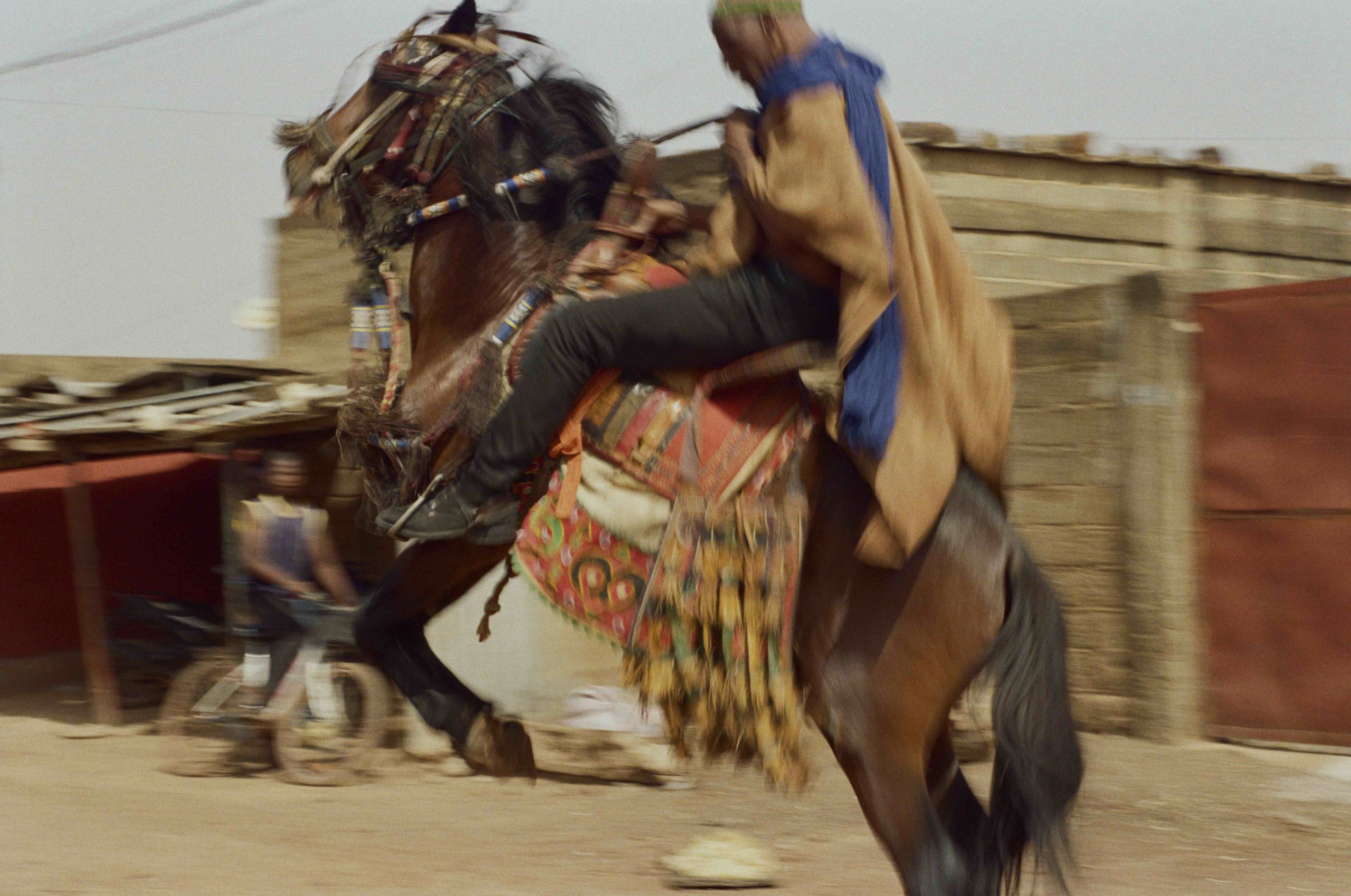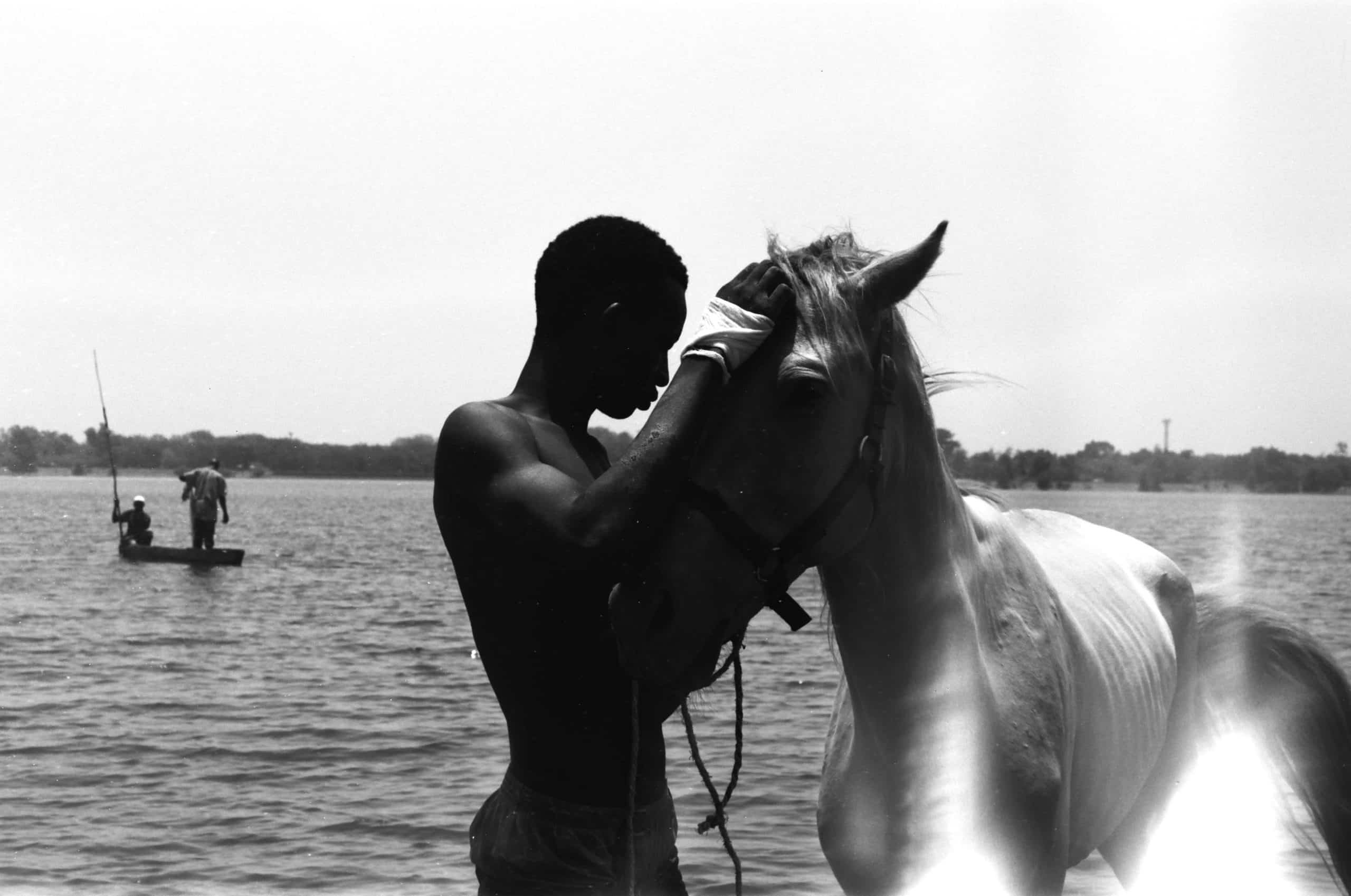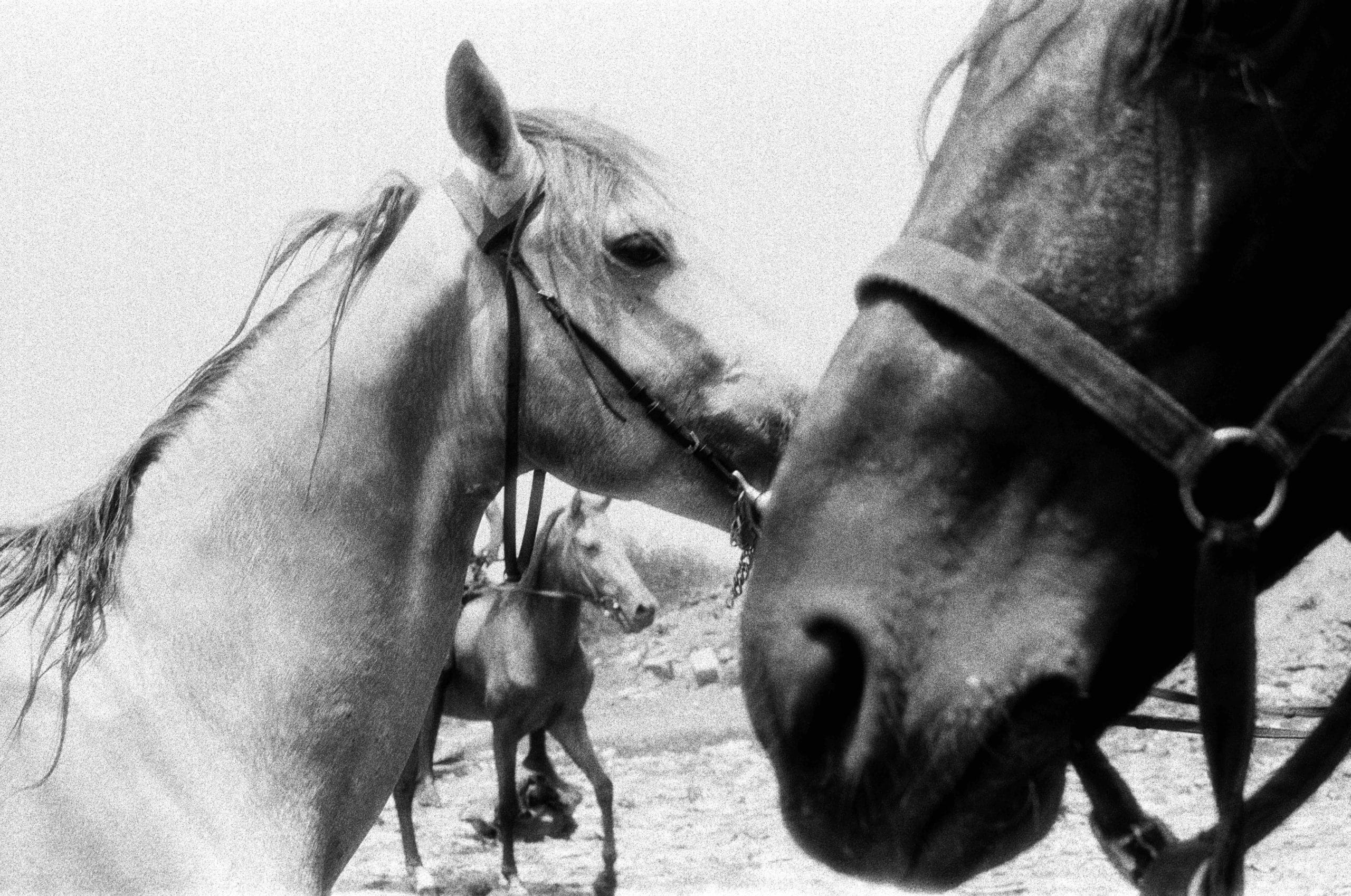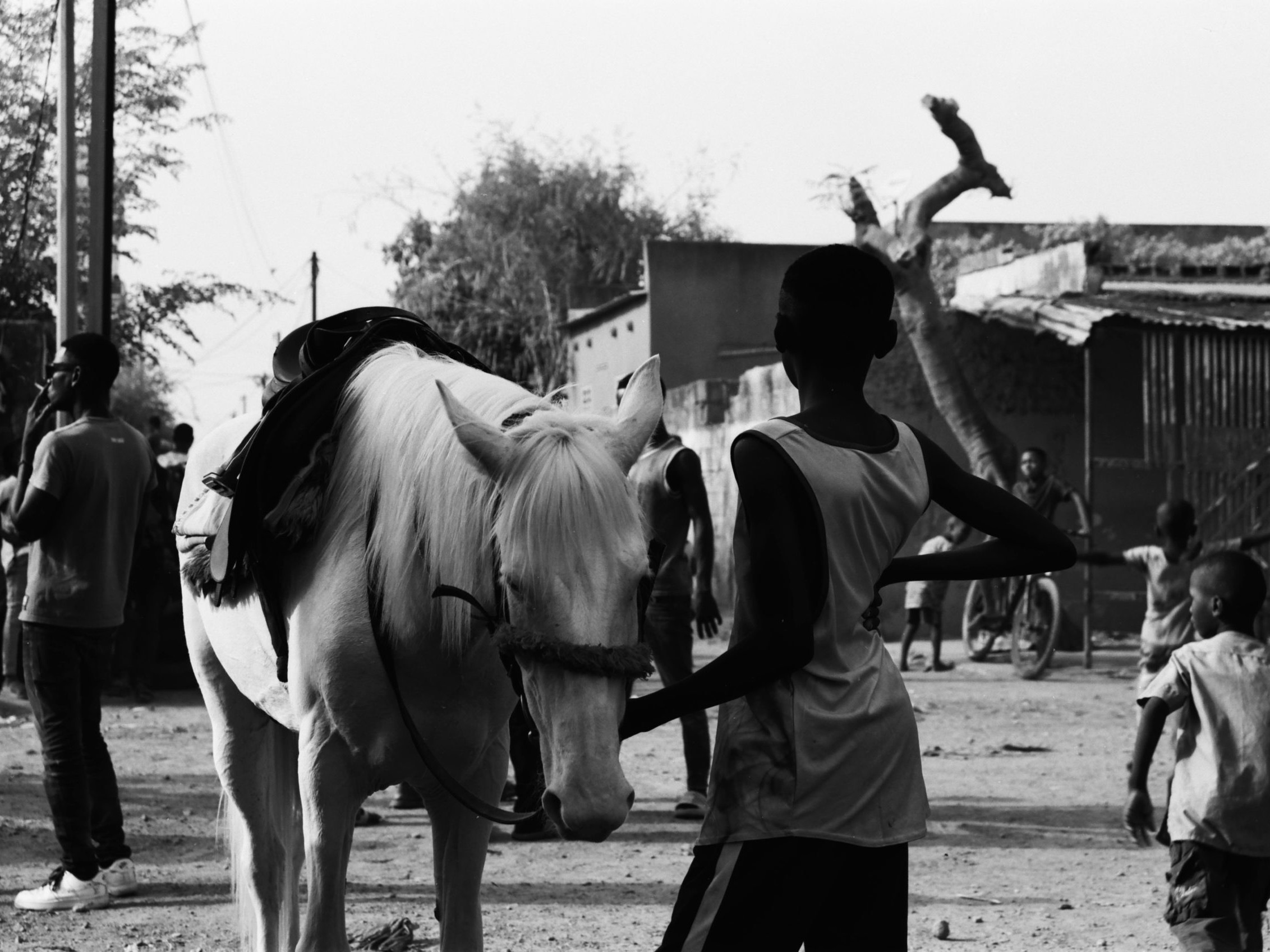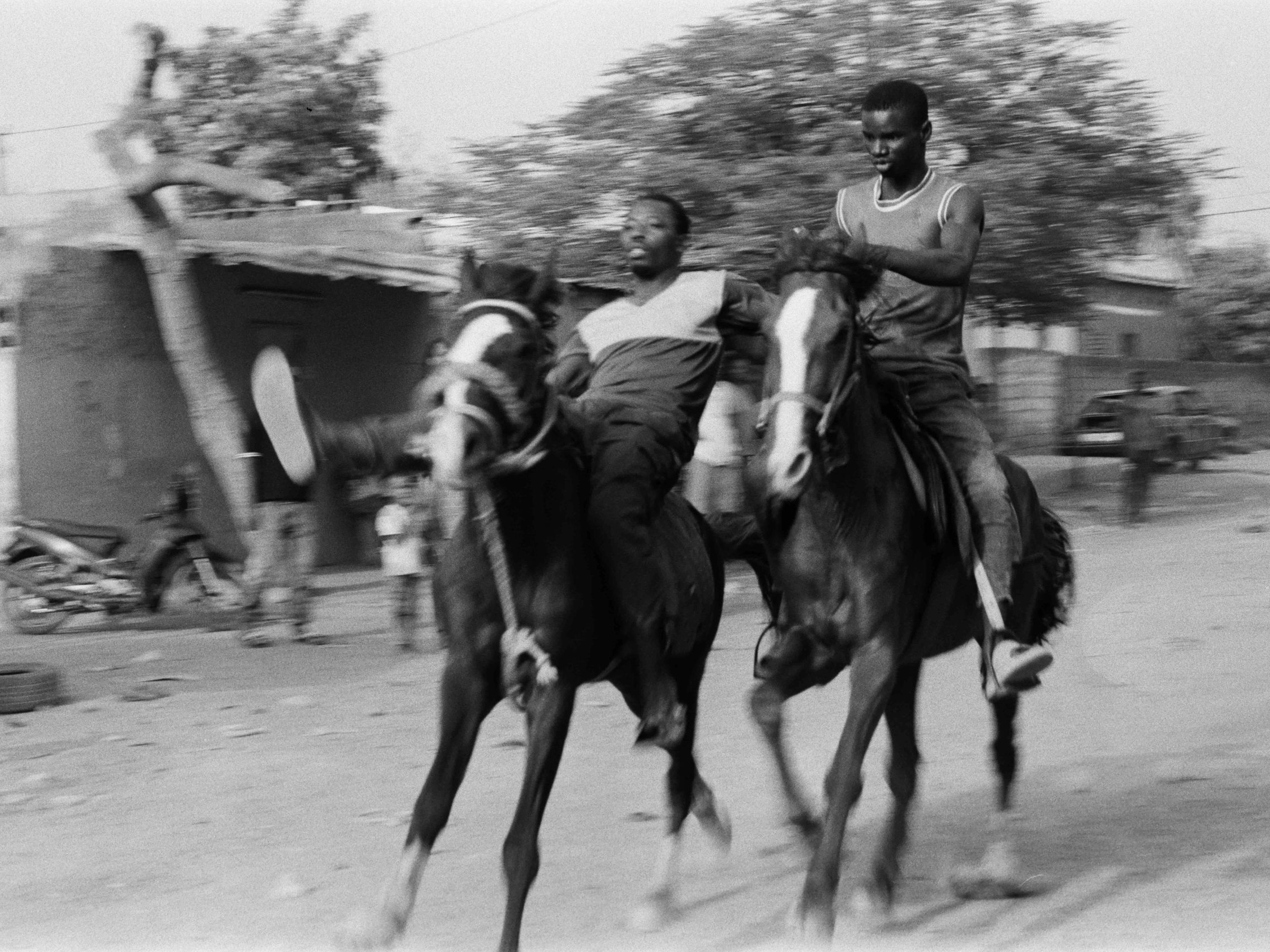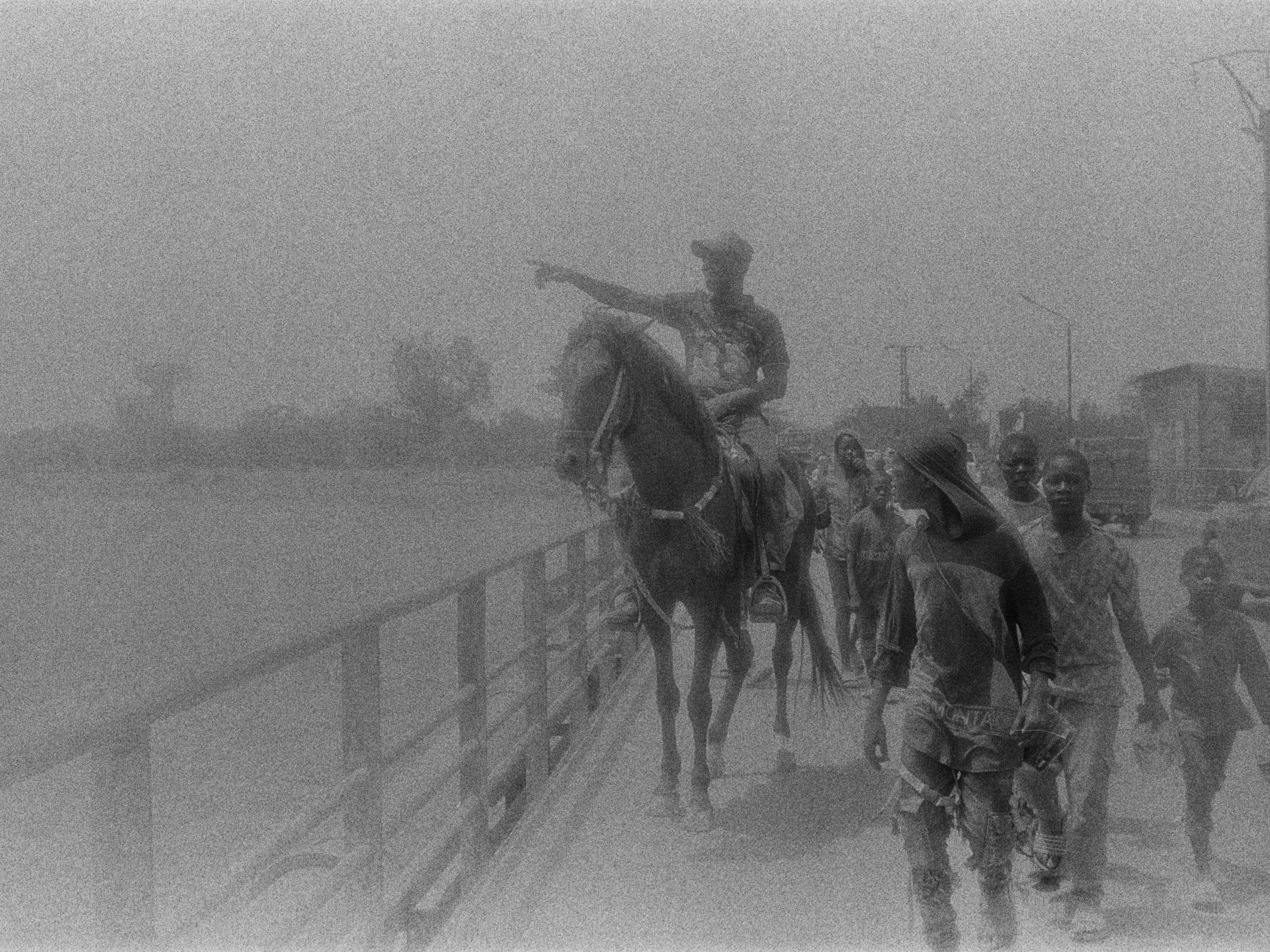HORSEMEN FROM BURKINA FASO
If you come to Burkina Faso, it’s not uncommon to come across a horse rider pacing the streets. The horse, emblem of the country, has a very close relationship with the burkinabè people.
This connection originated in the legendary tale of Princess Yennenga and an exiled Malinke prince. Yennenga means “slender”, and is the founder of the Moogo kingdom uniting the Mossi peoples of present-day Burkina Faso. She was the daughter of King Nedega, an authoritarian and loyal king who ruled over the Dagomb peoples. The princess was passionate about horses, but despaired of being able to ride as men did.
Rebellious and reckless, she convinced her father to allow her to ride alongside him and became a fierce warrior. Following a dispute with her father, he threw her into prison, but the princess managed to escape and rode away on her favorite mount, a white stallion. During her escape, she met Prince Malinké, with whom she fell madly in love. The result was Prince Ouedraogo, meaning “stallion” or “male horse”.
Today, the “Ouedraogo” surname is one of the most common in Burkina Faso. The white horse on which the princess escaped has become the country’s national emblem.
This legend, passed down exclusively through Mossi oral tradition, has maintained a widespread passion for horses and their sacred role in the country. There was also a prestigious cavalry in medieval times, which disappeared with colonialism. Since then, this tradition has left a strong cultural legacy and a real passion for horses throughout the country.
The equestrian tradition has resurfaced in a more marginal, urban form. It is developing alongside Burkina Faso’s ancient equestrian tradition, bringing it a new lease of life and a youth proud of its origins.
Only a few of the country’s wealthiest families own horses in the city, so young riders take to the streets and mingle with the capital’s frenetic traffic. Meeting in front of a bar or nightclub, they can be found at ceremonies or shows. The equestrian cult of nobility and beauty is remembered by all. It’s also common to come across horses roaming freely, sometimes stopping in front of houses simply to graze – they are the kings of the city.
